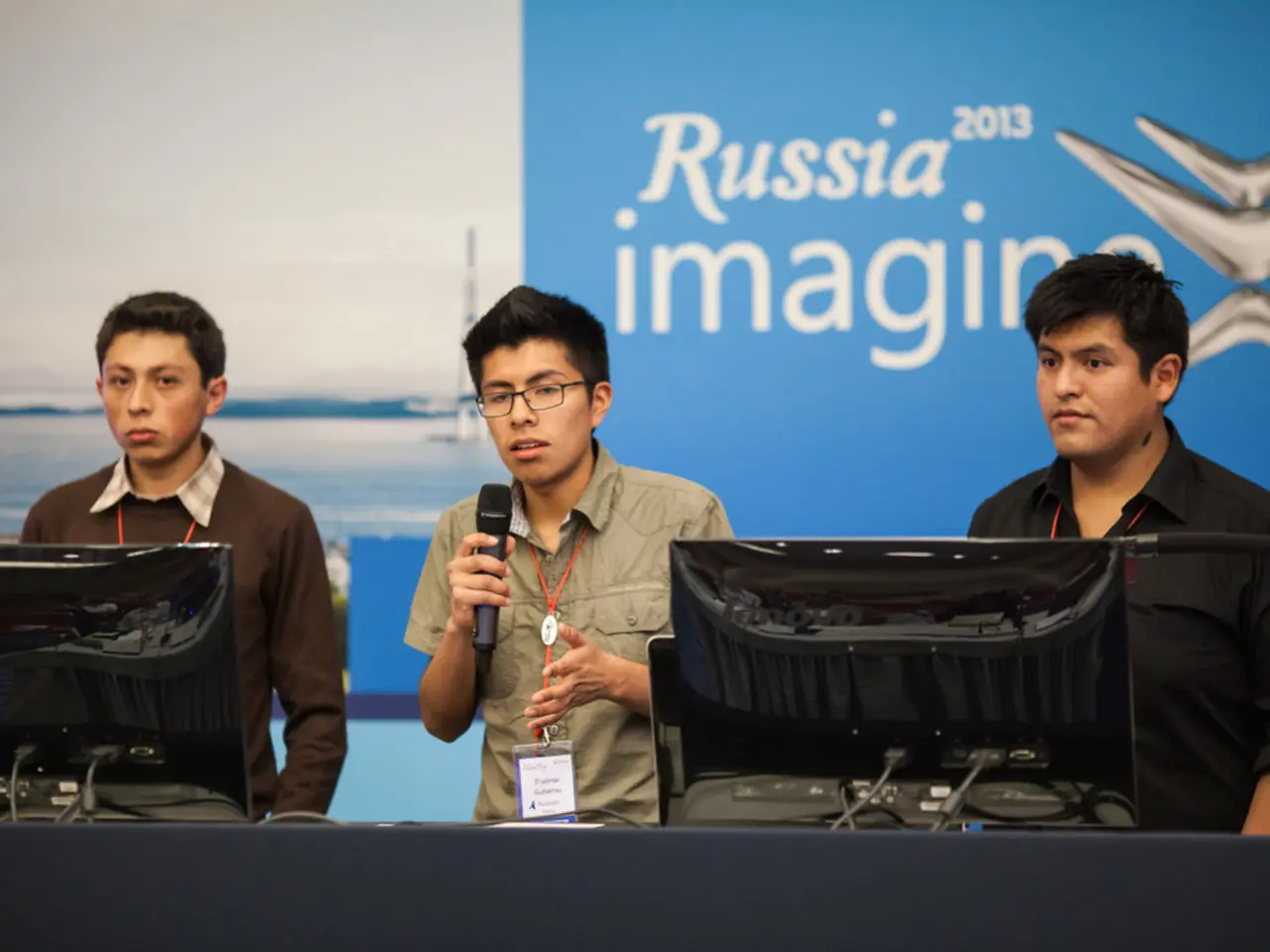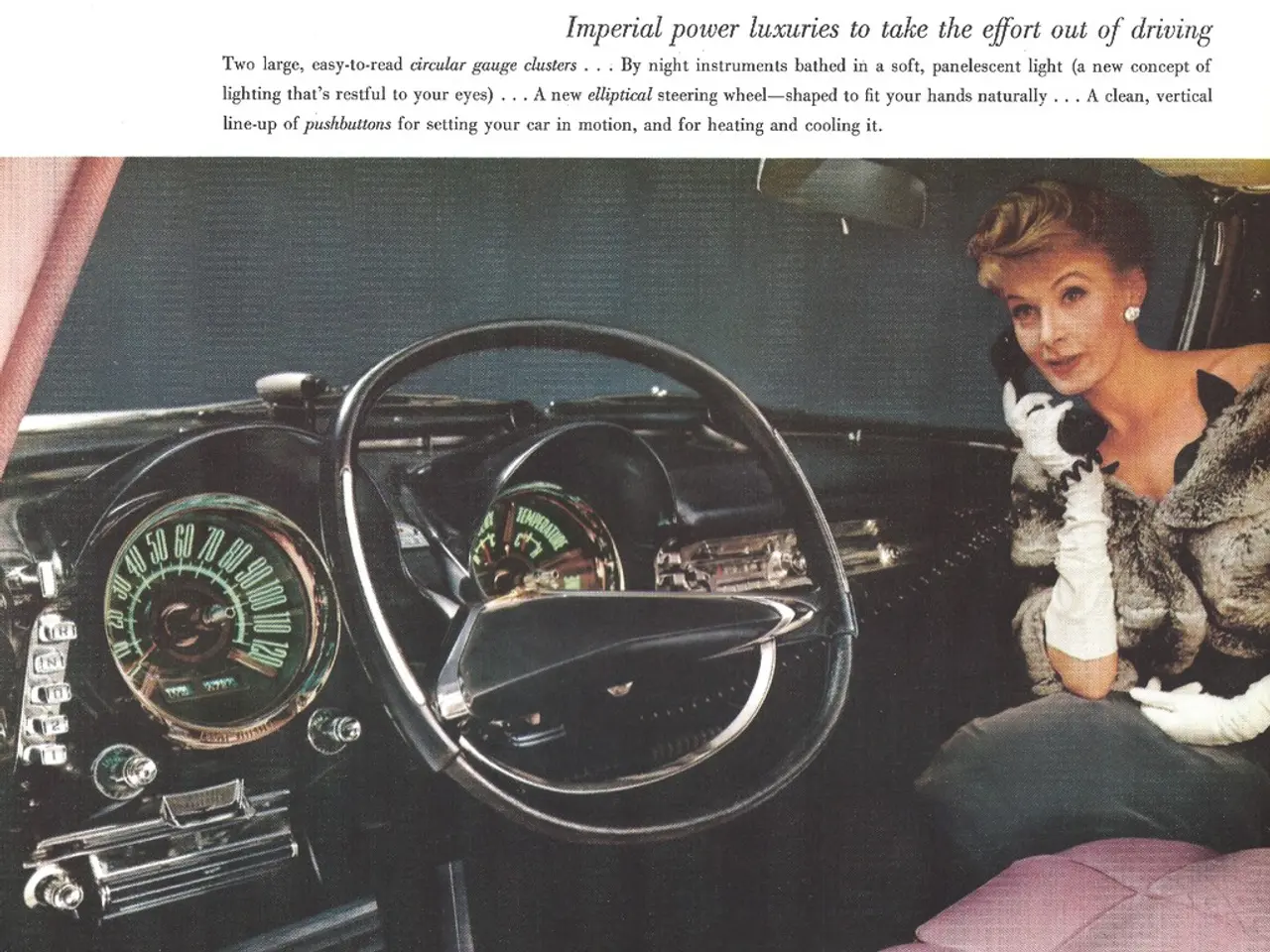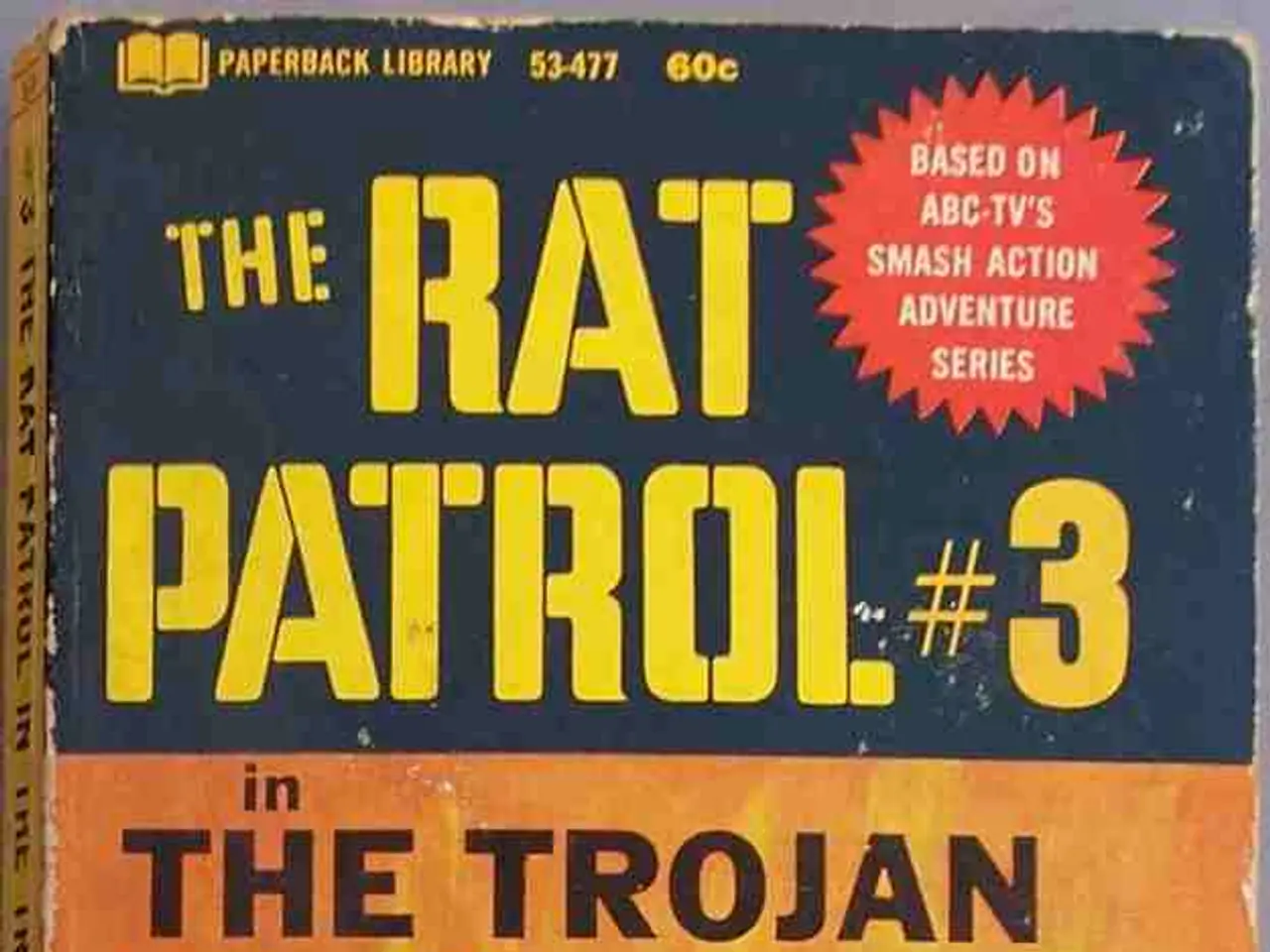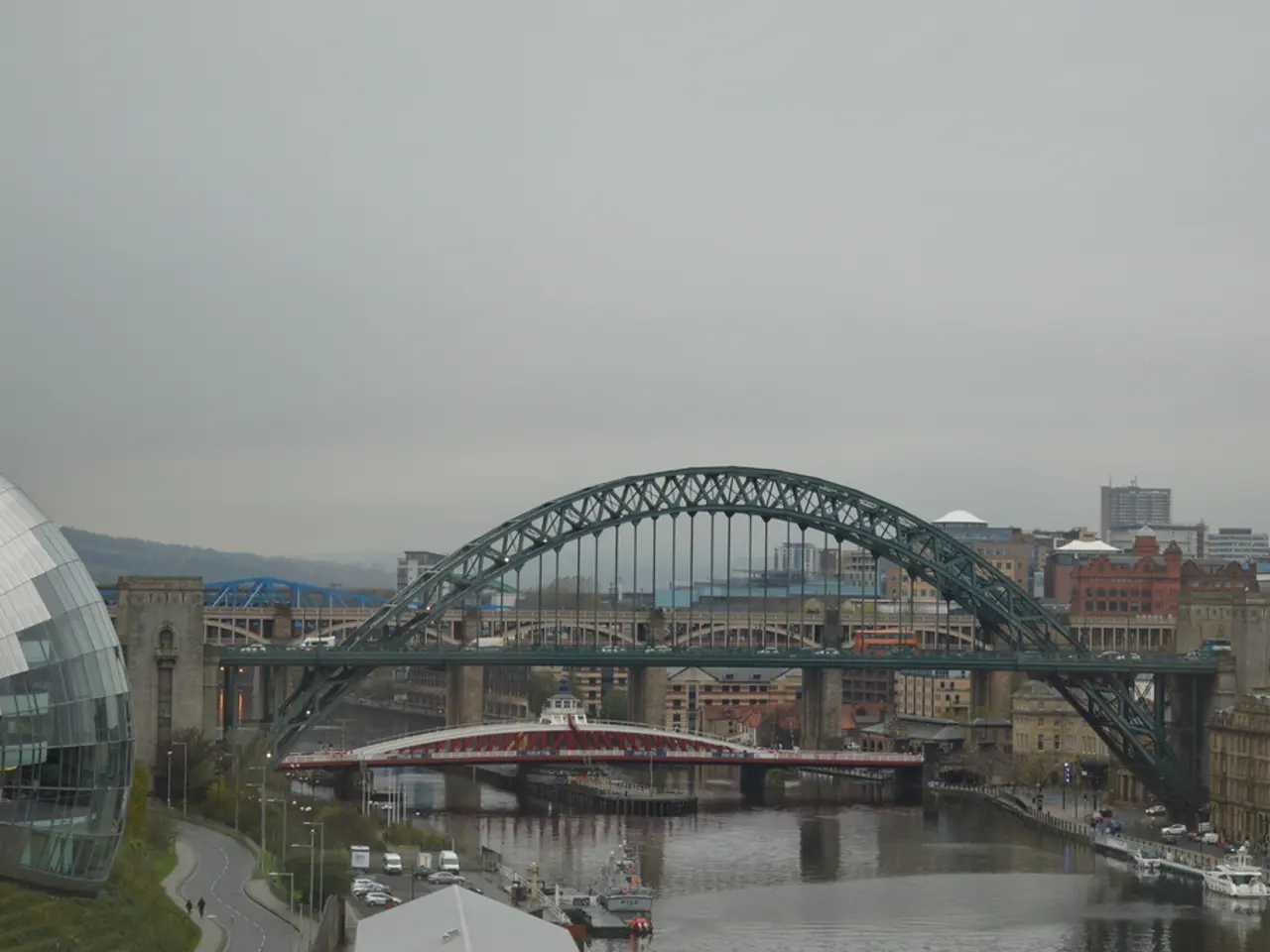Insights from the Eastern European Perspective
In the heart of the Fourth of July celebrations, a Romanian friend, Dr. Anca Maria Cernea, expressed concerns about the ongoing assault on America's national symbols, such as the toppling of statues, burning of flags, and defunding of police departments. Her sentiments echoed those of Vladimir Bukovsky, a Russian dissident, who had previously warned about the misunderstanding of the Cold War enemy.
Bukovsky, in a 1988 encounter with American hosts, berated their wishful thinking, shortsightedness, and lack of political leadership. He noted that the West was being fleeced by Moscow in the 1980s, with billions being given to the Kremlin for glasnost and perestroika.
Fast forward to the present day, and the West faces a new challenge in the form of post-communist societies. Eastern Europe, once under the iron grip of Soviet-influenced authoritarian regimes, transitioned to independent, often democratic states after the fall of communism. This region became a crucial area of competition and influence between Western institutions like NATO and the EU, and residual Russian interests aiming to maintain influence.
The transition was not easy. Economically and politically, these countries faced deep disruptions during the transition, marked by shock therapy reforms and the collapse of old systems. The legacy of communist control in businesses, government, and media created challenges such as corruption, oligarchic dominance, and persistent societal discontent, influencing post-communist development and political culture.
Dr. Cernea, in her observations, noted the Romanian media's shift from praising Obama to attacking President Trump, while spreading doubt about the United States through distorted information. She also pointed out the inconsistency of communism, not in its opposition to the market or democracy, but in its criminal propensities.
Bukovsky, in his wisdom, compared the West to a beggar who had found a shoe, implying that the West was overly optimistic about Gorbachev and the end of the Cold War. He warned that Gorbachev had no intention of turning Russia into a real democracy.
In the post-Cold War era, the political spectrum shifted leftward, with our own leftists portraying themselves as "centrists." This shift, coupled with the influence of covert totalitarian institutions in post-communist societies, has led to a reevaluation of America's role in the world.
The younger generation in Romania, who did not experience communism, may not see the U.S. as the bastion of freedom on this planet. However, the public reaction on the Romanian internet, according to Dr. Cernea, is usually quite reasonable, despite biased media articles. Normal people, she believes, don't buy leftist propaganda.
The history of post-communist societies has seen significant political and journalistic attacks against those who doubted granting immunity or privileges to communists. The communists who operated a system of administrative tyranny for decades were mainstreamed into "democrats" and fast friends of the West's "liberals."
Despite the inconsistencies and challenges, the Romanian mindset remains pro-American, and no politician or journalist with career plans would openly criticize America. However, the Romanian media, like American media, is not trustworthy, according to Dr. Cernea.
In conclusion, the strategic post-communist importance of Eastern Europe lies in its role in the Cold War’s aftermath, reorientation towards the West, and contested Russian influence. Economically and politically, these countries faced deep disruptions during the transition, marked by shock therapy reforms and the collapse of old systems. The legacy of communist control in businesses, government, and media created challenges such as corruption, oligarchic dominance, and persistent societal discontent, influencing post-communist development and political culture. Despite the "disappearance" of overt totalitarian regimes in Eastern Europe, covert totalitarian institutions continue to operate in those countries.
- Dr. Anca Maria Cernea, during the Fourth of July celebrations, shared concerns about the perceived assault on America's national symbols, likening it to the shifts in sentiment she observed in post-communist Romania.
- Vladimir Bukovsky, a Russian dissident, in the 1980s warned about the misunderstanding of the Cold War enemy, comparing the West's optimism to a beggar who had found a shoe.
- The transition of Eastern Europe from Soviet-influenced authoritarian regimes to independent states was not easy, resulting in economic and political disruptions and the legacy of communist control.
- Today, these post-communist societies present a new challenge to the West, with a complex political landscape where Western institutions and residual Russian interests compete for influence.
- The Romanian media, according to Dr. Cernea, has shown inconsistency, shifting from praising Obama to attacking President Trump, and spreading doubt about the United States through distorted information.
- Despite this media bias, the public reaction on the Romanian internet, as Dr. Cernea points out, is usually reasonable, with the general populace not buying into leftist propaganda.
- The history of post-communist societies has seen significant political and journalistic attacks against those who doubted granting immunity or privileges to communists, forging a reality where communists were mainstreamed into "democrats" and fast friends of the West's "liberals."
- In the post-Cold War era, the political spectrum has shifted leftward, with the influence of covert totalitarian institutions in post-communist societies continuing to distort objective political news and analysis.








